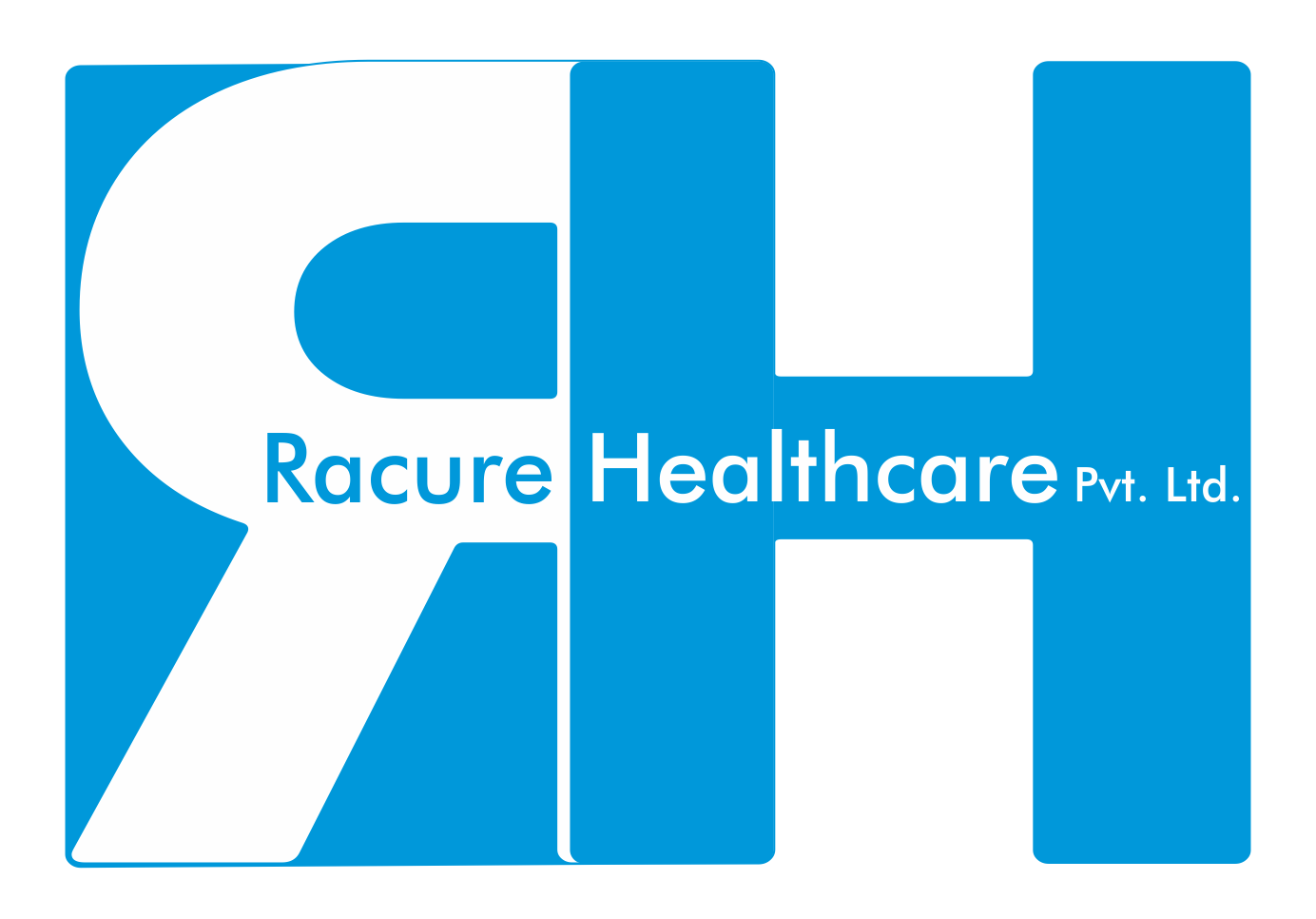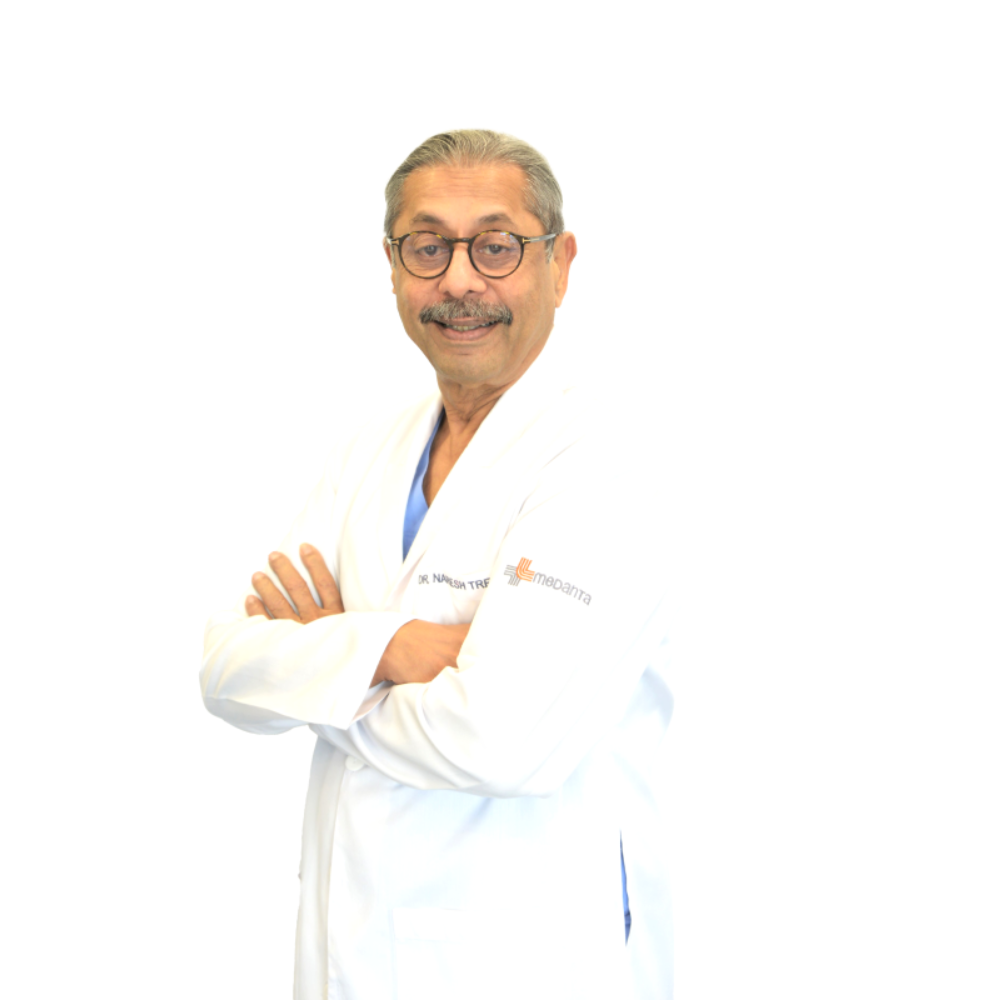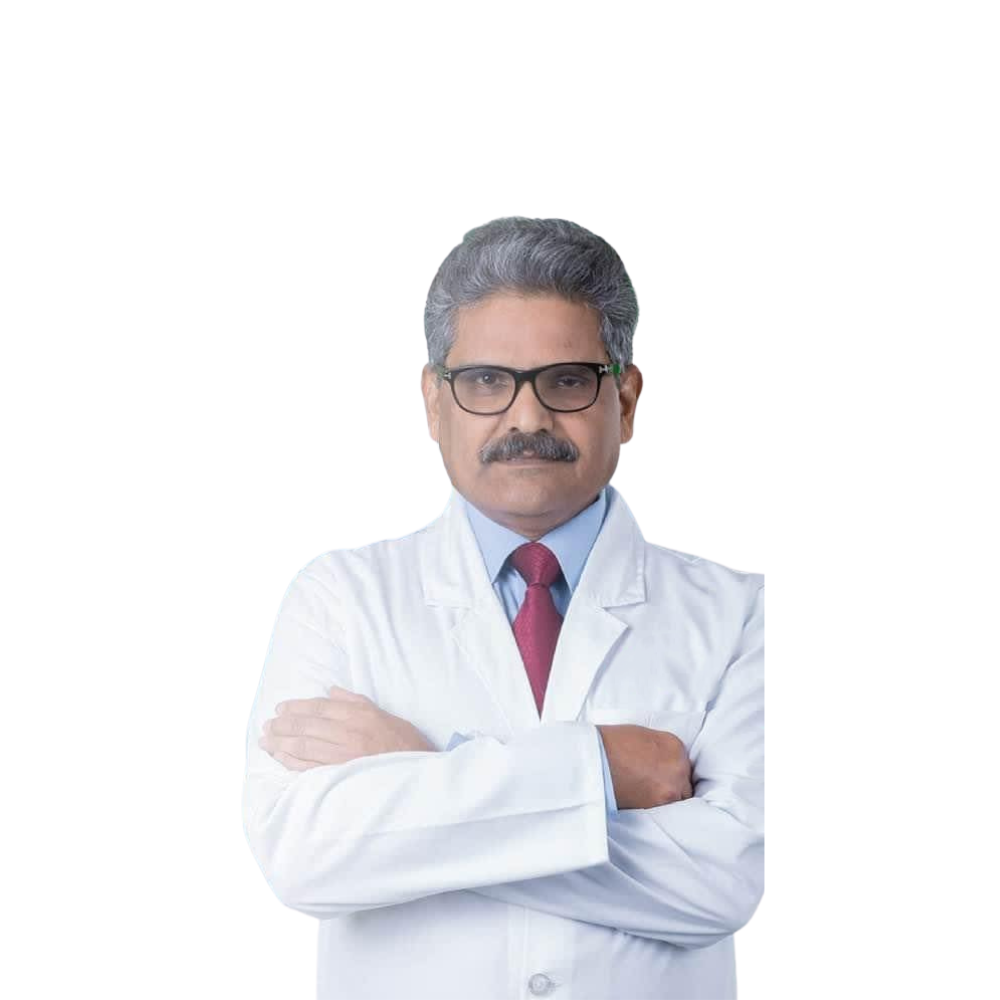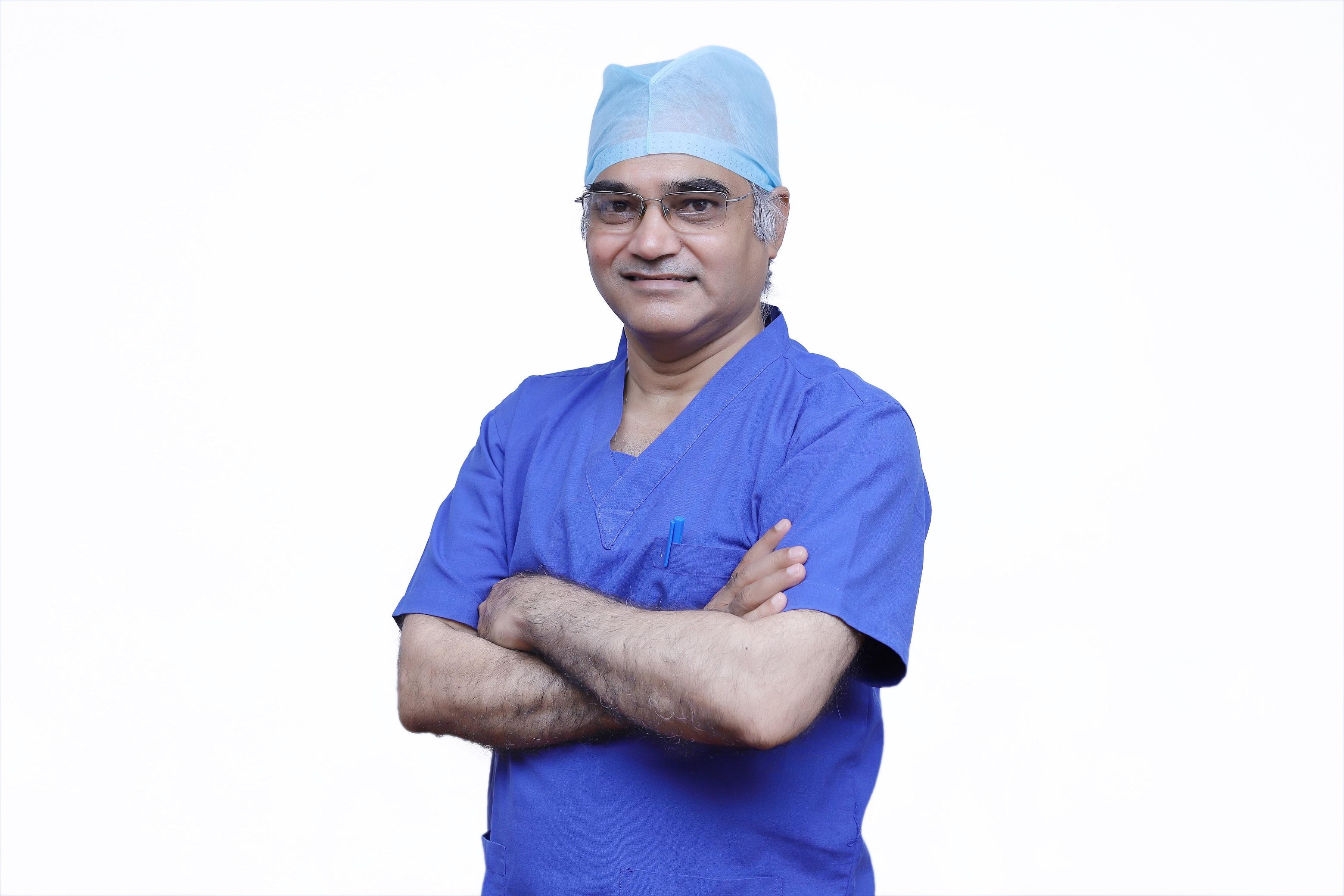Heart Bypass Surgery: Restoring Heart Health
The heart is an important organ in your body. It is a muscular organ about the size of your fist. The coronary artery supplies blood to the heart so that it can pump blood to the rest of your body. However, the arteries can sometimes get blocked and restrict blood flow to the heart.
It can raise the chances of cardiovascular diseases and heart attacks. Your surgeon will recommend heart bypass surgery in such cases.
Heart-by-pass surgery, also known as coronary artery-by-pass grafting (CABG), is a procedure used to treat coronary heart disease. Today, CABG has become quite common worldwide. However, in some countries, you have to pay hefty fees and wait a long time for this surgical procedure. Hence, such heart patients look for medical tourism options.
What Is Heart Bypass Surgery?
Coronary arteries are the main blood vessels that supply oxygen and nutrients to the heart. However, they can become blocked because of plaque (a combination of fat and cholesterol), which restricts proper blood flow to the heart. You are more likely to develop plaque in your coronary arteries when you are overweight or smoke excessively. This condition is known as coronary heart disease.
The narrowing of coronary arteries can cause shortness of breath, fatigue, and chest pain.
You can be treated with medicine, but severe chest pain or frequent shortness of breath can be treated only with heart bypass surgery or coronary artery bypass grafting.
Again, if the plaque in your coronary arteries ruptures and creates a blood clot, it can trigger a heart attack. In such cases, coronary artery bypass grafting can greatly lessen the chances of your heart attack. During the surgery procedure, your surgeon will create an alternate route or bypass around the blocked coronary artery and thus restore normal blood flow to your heart.
The surgeon takes healthy blood vessels from the chest or leg and attaches them to the above and below the narrow area in the coronary artery. The number of grafts required depends on the severity of your coronary heart disease.
You will have surgery after giving general anaesthesia, which means you will remain unconscious during the entire heart bypass surgery.
The surgery will improve your heart function and increase the quality of your life. But still, you need to adopt a healthy lifestyle, do exercises, and take medications to prevent another blockage in your coronary artery.
Types of Heart Bypass Surgery
There are three main types of heart bypass surgery, and each method differs in its technique and recovery time.
Traditional Open CABG
Here, the surgeon will make a long cut on your chest and split the breast bone to access the heart. The surgeon will temporarily stop the heart's functions. A machine will perform blood circulation functions.
It allows the surgeon to work on a still heart. He will remove healthy blood vessels from your leg or other parts of your body and attach them to the blocked arteries. The surgeon will then restart the heart functions by giving mild electric shocks. He will then close the breastbone and use stitches to close your skin.
The recovery time will take longer because of the large cut in your chest. You have to stay in the intensive care unit for a few days, and then you will be moved to the general room. You have to stay in the hospital for more than a week.
However, the traditional open CABG is associated with certain risks. Here, the surgeon stops the functions of the heart for some time, which increases the chances of stroke, especially in older adults.
Offpump Bypass Surgery
One of the best things about off-pump bypass surgery is that the surgeon will not stop the functions of the heart temporarily. Thus, it reduces the chances of stroke or heart attack, as in the case of traditional open CABG.
Here, the surgeon will make a large cut in your chest. The surgeon then uses mechanical stabilizers to keep only a certain part of the heart steady while the other parts of the heart perform their normal functions. This procedure is suitable for patients with chronic lung disease, kidney problems, or advanced atherosclerosis of the aorta.
Minimally Invasive Bypass Surgery
This surgery involves making a small incision, so recovery time is faster compared to the above two surgeries. You are discharged from the hospital after 2-3 days of surgery and can resume all your normal activities after 2-3 weeks of surgery. Minimally invasive bypass surgery is less painful and has a low risk of complications. It is a good option for older adults or patients with several health problems.
Presurgery Preparation
You will have a complete medical evaluation before the heart bypass surgery. You are most likely to have the following medical evaluation.
- Chest X-ray
- Electrocardiogram for recording the heart's electrical activity
- Echocardiogram
- Blood tests are used to evaluate cholesterol, blood sugar levels, and many more things.
- Urine tests to ensure kidney functions.
- Coronary calcium scan for evaluating calcium amount in the coronary arteries
- Cardiac catheterization is when a thin tube called a catheter is inserted into one of your blood vessels and directed toward the heart to evaluate blood flow and check blockages. The dye is inserted into the catheter for complete evaluation and generates images, which are known as angiograms. The images will show the blood flow and blockages in the heart.
- CT Scan
- Exercise stress test, in which the doctor will record your heart activity when you raise your heart rate while walking on a treadmill or stationary bike.
Your cardiac surgeon will explain the types of heart bypass surgery and its benefits and risks. He will even recommend the type of heart bypass surgery that will be best for you after seeing the medical evaluation results.
You will be given a consent form before the surgery. Read all the details in the form and then sign it. You cannot eat or drink for at least 8 hours before the surgery. Inform your healthcare provider if you are allergic to any medications.
Inform your doctor about all the medicines you are taking, including herbal medicines. Also, inform your doctor if you have a history of bleeding disorders. If you are taking any blood thinner medications, your doctor will tell you to stop them before the surgical procedure.
If you have the habit of smoking, then stop it immediately. It will help you recover early and benefit your overall health. Inform your doctor if you have any other implants in your heart.
Managing preexisting conditions like diabetes and blood pressure is quite important before the surgery. It will reduce complications during and after the surgery. For instance, if your blood sugar level is normal before the surgery, then the risk of infection will be reduced.
Similarly, if your blood pressure is normal before the surgery, then you will have less strain on your heart.
The Surgical Procedure
- You have to remove your jewellery before the surgical procedure..
- You will wear a hospital gown and empty your bladder..
- The nurse will inject an IV line into your hand..
- The nurse will insert a tube into your urethra to drain urine..
- You will be under general anaesthesia, which means you will remain unconscious throughout the surgery. The anaesthesia team will continuously monitor your blood oxygen level and blood pressure during the surgery..
- The skin on the surgical site will be cleaned with an antiseptic solution. The surgeon will cut your arm or any of your legs to access the blood vessels. The surgeon will remove it and close the incision..
- Now, the surgeon will cut your chest and split the sternum lengthwise to access the heart..
- The surgeon will have to stop the heart for a temporary period to sew grafts in the extremely small coronary arteries..
- The blood will be diverted to the heart-lung bypass machine, which will pump blood to the rest of the body..
- The doctor stops the heart by injecting a cold solution..
- The doctor will now perform the actual bypass graft procedure. The upper end of the blood vessel is attached to the aorta, the largest artery in the body, which carries oxygenated blood from the heart to the other parts of the body. The other end of the new blood vessel is attached to the blocked artery, just below the blockages..
- If you have more than one blockage in the coronary artery, then the doctor will do more bypass graft procedures..
- After doing the bypass graft procedure, your health provider will check them to ensure proper blood flow in them..
- Your surgeon will divert the blood back into the heart and restart it. Sometimes, a mild electric shock is required to start the heart..
- Your surgeon will sew the sternum with wires and then close the incision on your chest with stitches..
- The surgeon may put a tube into your mouth or stomach to remove fluids..
- The entire surgical procedure will take 3-6 hours..
- You will be transferred to the intensive care unit for continuous monitoring of blood pressure, heart rate, and oxygen levels to ensure your heart is functioning. You may need to stay in ICU for almost two days..
Recovery and Rehabilitation
- After the surgery, you will be transferred immediately to the ICU for close monitoring of your blood pressure and heart rate..
- You will be then transferred to the general room of the hospital..
- You may stay there for 6-7 days..
- A breathing tube may be inserted into your throat to push warm and moist air..
- The tube will be removed till you are stable enough and can breathe properly..
- The nurse will help you take deep breaths or cough for 2 hours. The nurse will even instruct you to hug a pillow tightly over your chest to reduce discomfort during coughing..
- The surgical sites will be painful for several days. Your surgeon will prescribe you pain-relieving medications. Take them as recommended by your doctor..
- Your doctor can give certain medicines through IV to stabilize blood pressure and heart rate. Once everything is under control, the medicine dosage is reduced..
- When your doctor removes the breathing and stomach tubes, you can drink fluid. Then, you will gradually start eating solid foods..
- Your nurse will help you sit on the hospital bed and dangle your foot freely. Then, you will try to sit in a chair..
- Try to do some mobility exercises, such as sitting, walking short distances, or deep breathing exercises. These simple exercises will prevent blood clots..
- Most doctors recommend that patients attend a cardiac rehabilitation program. This program includes an exercise regimen and heart-healthy education. Certain exercises greatly help improve cardiovascular function. Lifestyle counselling focuses on managing certain risks, such as high blood pressure, weight, and cholesterol..
- Full recovery from the heart bypass surgery will take around 6–12 weeks. You can start your daily activities, like light housework, after six weeks. But do strenuous exercises like heavy lifting or driving only after consulting your doctor..
- Regular heart check-ups are essential to ensure the success of the bypass surgery. The check-ups include certain heart tests like electrocardiograms and echocardiograms to ensure proper blood flow through grafts..
Benefits of Medical Tourism for Heart Bypass Surgery
The cost of health and surgery treatment is rising globally. There are even longer waiting times for surgery in many countries. Medical tourism is an attractive option for heart bypass surgery patients who are looking for cost-effective, timely, and high-quality treatment.
The hospitals in India, Singapore, and Turkey have access to advanced technologies. You can have bypass heart surgery at an affordable cost. These hospitals use minimally invasive surgery techniques or robotic surgery systems that can help you recover faster.
The waiting times are even shorter here compared to Western countries. Another advantage is that countries like India are quite renowned for world-class hospitals. These hospitals have a good reputation for cardiac surgery. The surgeons in these hospitals are highly qualified and experienced and have received international training.
Many hospitals in India offer rehabilitation programs, follow-up consultations, and remote monitoring services, which will help international patients maintain their cardiovascular health even after returning home.
Racure Healthcare is a renowned medical tourism company. The company will schedule a virtual consultation with the cardiac specialist before your journey. The company provides treatment-related services, logistic services, and travel-related services. You can visit the company website to learn more about Racure Healthcare and its services.
Cost Comparison and Insurance
Heart bypass surgery in the United States costs $70,000 to $200,000. Medical tourism destinations like India, Turkey, and Singapore offer the same procedure, which costs $5500 to $7000. These costs include surgery, hospital stay, medications, and follow-up care.
Some international hospitals offer all-inclusive packages that include surgery, rehabilitation, and travel. Patients can also take advantage of international medical insurance plans.
Patient Testimonials and Success Stories
I was hesitant to have heart bypass surgery abroad, but after reading some positive reviews, I came to India for it. The medical team in the hospital was incredible, and the surgeon was highly skilled. My heart bypass surgery was done at a fraction of the cost compared to the surgery cost in the U.S. I was fully supported from my travel to India to the surgery and recovery.
I had long waited times for heart bypass surgery, so I decided to have it in India. I was impressed with the hospital. It was equipped with advanced technology. The medical staff is highly professional. The surgeon is skilled and well-experienced. The cost is much lower in India.
Conclusion
Heart bypass surgery is usually recommended for patients with coronary heart disease. This surgery restores blood flow to the heart and improves heart functions. It even reduces symptoms like chest pain and shortness of breath. After the surgery, you are less likely to have a heart attack.
High healthcare costs and long waiting times are problems faced by cardiac patients in some countries. So, they opt for medical tourism destinations. These destinations offer high-quality heart bypass surgery at an affordable cost.
Frequently Ask Any Question
Have you any kind of question, please feel free ask us.
Yes, you can do almost all the normal activities after six weeks of surgery.
Coronary bypass operations have a success rate of 98 per cent. It restores normal blood flow to the heart.
You will feel tired most of the time for 3-6 weeks after the heart bypass surgery. But after six weeks, you can do most of your normal activities.
There is no age limit for bypass surgery. Heart disease can affect people of any age and any gender.
Heart bypass surgery involves certain complications like bleeding, infection at the wound site, irregular heart rhythm, and kidney problems.
You will feel discomfort for three days after the surgery, and your throat may experience soreness. Doctors will prescribe pain relief medications.
Related Doctor






